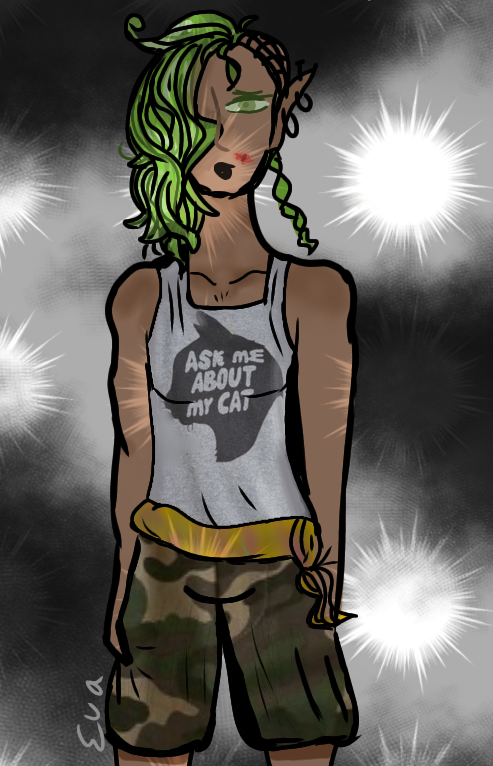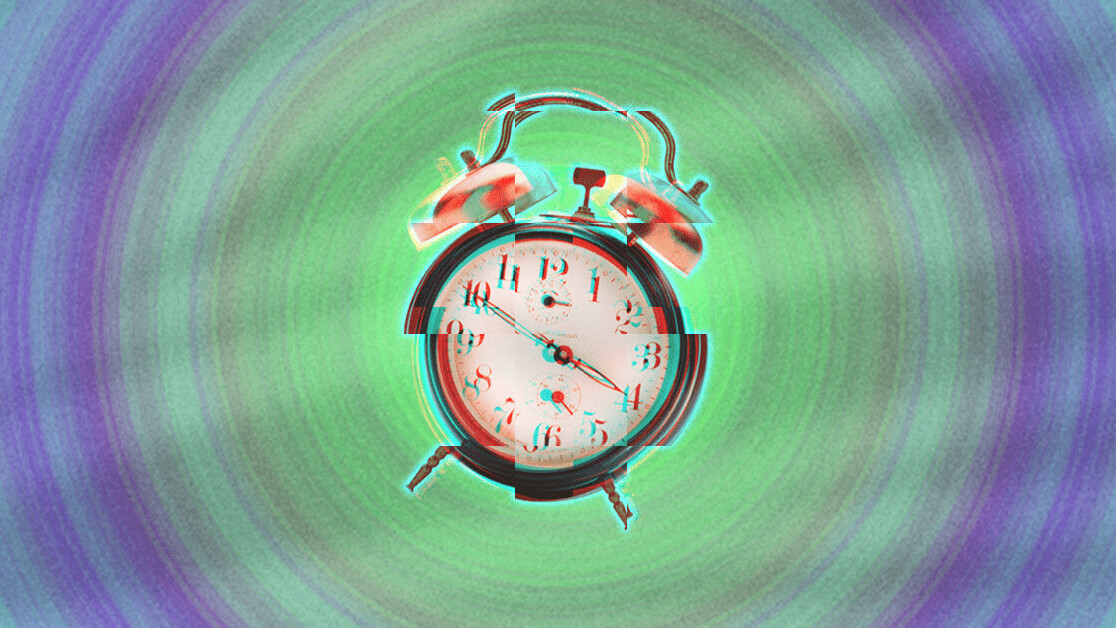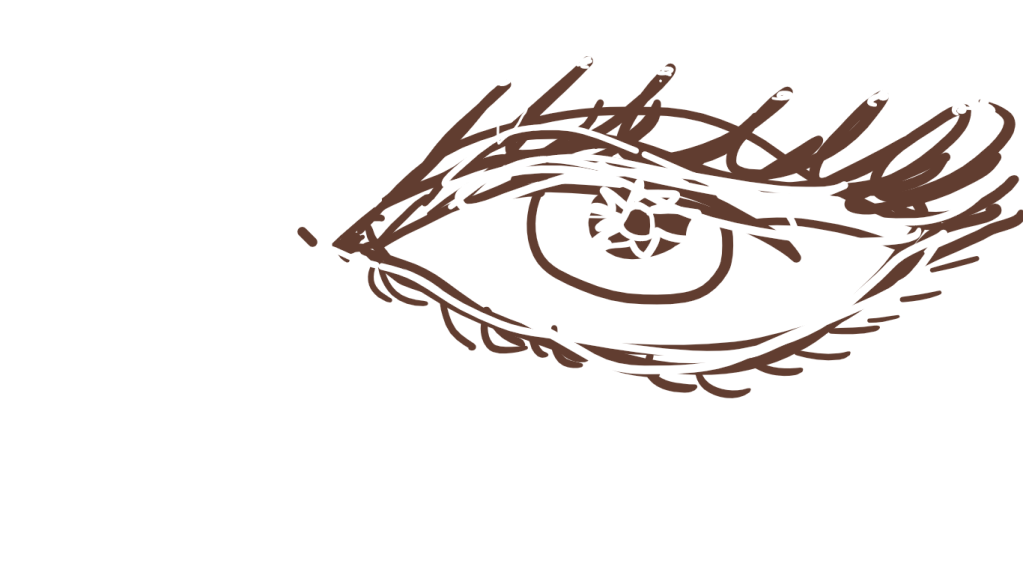16 December 2023
By Eva
Please do not copy
Topic: There Will Come Soft Rains by Ray Bradbury
What is sufficient for a smart house to be called a home?
R. Buckminster Fuller once said, “Humanity is acquiring all the right technology for all the wrong reasons.” Despite the advances in technology, it is only as necessary as humans make it to be. A home is not its technology but the humans that live in it. In Ray Bradbury’s short story, There Will Come Soft Rains, the only smart house that continues to exist with its routine set by humans cannot be called a home when the people no longer exist. Bradbury’s skillful use of figurative language like the use of personification, syntax, and style helps create a mood to reflect a depiction of humanity’s sad fate due to their overreliance on technology and their indifference towards nature.
Initially, Bradbury elicits sympathy from his readers when he personifies the house to
appear like a human, only to remind us that it is a cold-hearted machine. We see Bradbury use a personification to illustrate the house’s interaction with a stray dog which comes off like how humans sometimes interact with animals. It evokes the reader to either feel upset or uncomfortable with its response. This is shown when “The front door recognized the dog’s voice and opened.” (Bradbury pg 2) just like how people care for abandoned animals. However, the house creates an illusion of caring for the animal, only to neglect the animal without any moral compassion. Instead, it is seen as a nuisance since it creates a mess that needs to be cleaned by the house. The dog is not taken care of by this home as it was never registered as a pet by the humans who lived here prior. Since the dog was malnourished, it eventually died from being stuck in this home without any help. This shows that the house is not as human as originally depicted. Bradbury, therefore, uses personification as a tool to contrast how our emotions can be manipulated when we treat an inanimate object like they are more than human when they’re not.
Analogous to the machine’s nature, Bradbury utilizes syntax to convey the house’s functional programming to reflect a feeling of indifference that mirrors humanity’s tragic downfall. The smart home acts the same way a human would when faced with its mortality and its conflict with nature. An example of another form of personification is seen in the syntax of the story when the house caught on fire and, “the house tried to save itself.” (4) This portrays the house like a human who is seeking self-preservation but ultimately fails to do anything to change its fate. This is because the function of technology is to provide an efficient way to live, which provides an ease of routine and following routine without purpose leaves us in a destructive loop. Bradbury hints to us that humanity’s overreliance on technology will be the cause of its tragic
fate. However, without any humans, the routines scheduled into the technology then serve no purpose, leaving technology to its own tragic fate. It established a loop that will eventually end the technology that was created. Humans and technology are thus inevitably intertwined in each other’s destruction. We see this message developed in the syntax of the story when Bradbury introduces the scheduled routine of the house before it abruptly stops. The voice in the wall of a smart house that is in the process of burning, however, persists in its morning ritual and is then caught in a loop when the house says, “Today is August 5, 2026, today is August 5, 2026, today is…” (5) until it is burned completely down. This shows that time is running out on the home and that it doesn’t realize its world is falling apart all around it. This creates an ending that leaves the reader in a thought-provoking manner that leads the reader to pity the home as if it were real. The house diligently follows through with the task it was programmed to do by its owners, but its daily routine ends without a satisfying payout. This leaves the reader feeling empty and hollow as Bradbury might be indicating a parallel to how most people live out their lives grinding away similarly only to find themselves burnt out when there is no reward for their hard work. Thus, Bradbury is likely trying to urge his readers that unless we do something to change our lives and daily activities, we will otherwise be consumed by nature’s wrath if we continue to ignore our connection with the world around us.
Furthermore, human innovation and creation will continue progressing for years until one day it will too be devoured by its own hubris in the face of nature. The syntax of the story’s style demonstrates to the reader that nature acts on its own time without disregard for those who live in it. Both the setting and style complement each other by presenting this sad mood with the events that happen within the house to display where, when, and how it ends. Another example of this stylistic effect is when Bradbury states that the house’s doors “sprang tightly shut.” (4) This implies the connotation of sprang to show the urgency of shutting itself out. This action of defense shows that the house is determined, stubborn even, to let nature run its course. The house is programmed to only benefit the humans who made it. Without humans, there are few benefits that technology offers to nature. We make amazing technology, but we use it for the wrong reasons which figuratively shuts the door on any novel progress towards mankind’s future. This creates an issue that humanity doesn’t notice the real problem until it is too late. We cannot shut out coexistence with nature. Even though technology is as smart as people make it, materialistic things like technology can’t function without the existence of humans who give it purpose, and humans cannot exist if we do not live alongside nature. When people are no longer in the picture, and technology lingers on without us, nature eventually prevails. Therefore, much like how the house gets stuck in a loop until its destruction, so too are we stuck in a loop, moving through life like clockwork until nature takes over.
To summarize Bradbury’s short story, a house cannot be called a home without the humans that live in it. Utilizing personification, syntax, and style, Bradbury encompasses a narrative that serves as a warning to its readers. Humans can only live in a home when we create a healthy symbiotic relationship with the world around us. Bradbury’s vision of humanity is a bleak and hopeless future unless we change our ways when we constantly over-rely on technology but continue to ignore nature. To end this sad consequence of fate that is our destructive loop, we must learn to coexist and appreciate nature. Only then, will the houses humans live in can be called a smart home.
*please do not copy
Work Cited Page
“R. Buckminster Fuller Quotes.” BrainyQuote.com. BrainyMedia Inc, 2023. 16 December 2023. https://www.brainyquote.com/quotes/r_buckminster_fuller_100117
Bradbury, Ray, There Will Come Soft Rains, January 25, 2013, https://tinyurl.com/3nr5w8t3







